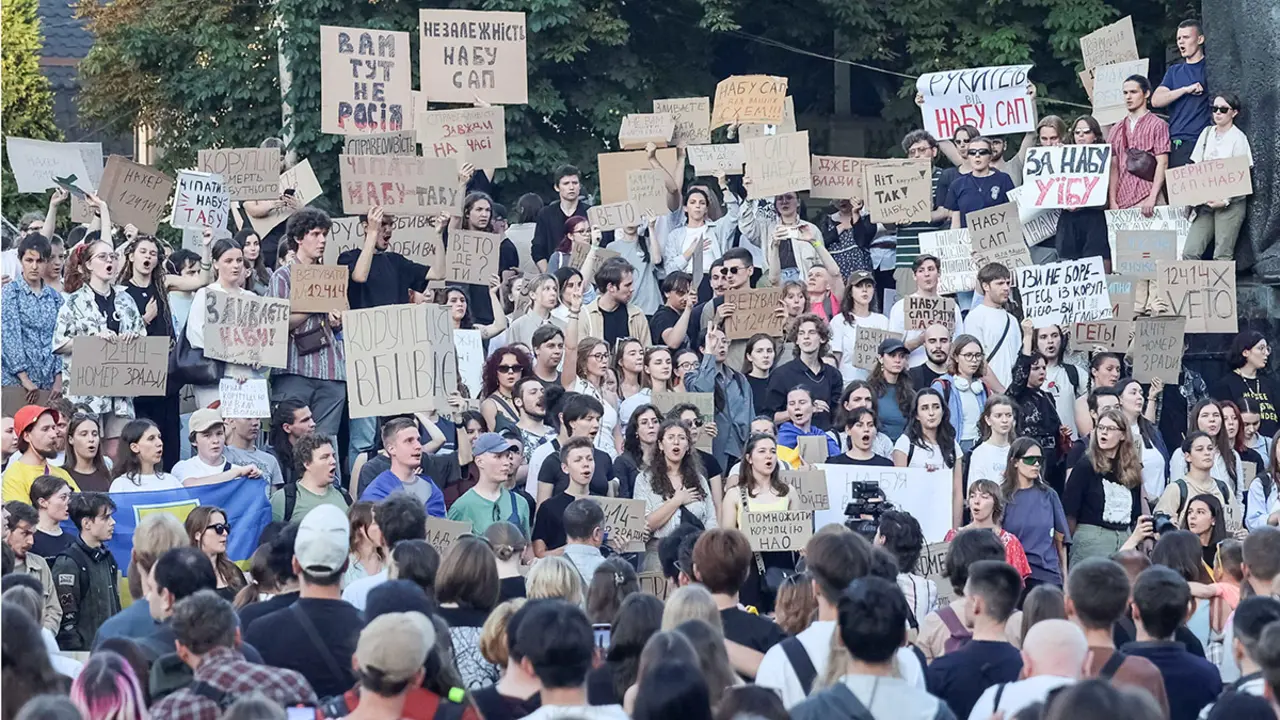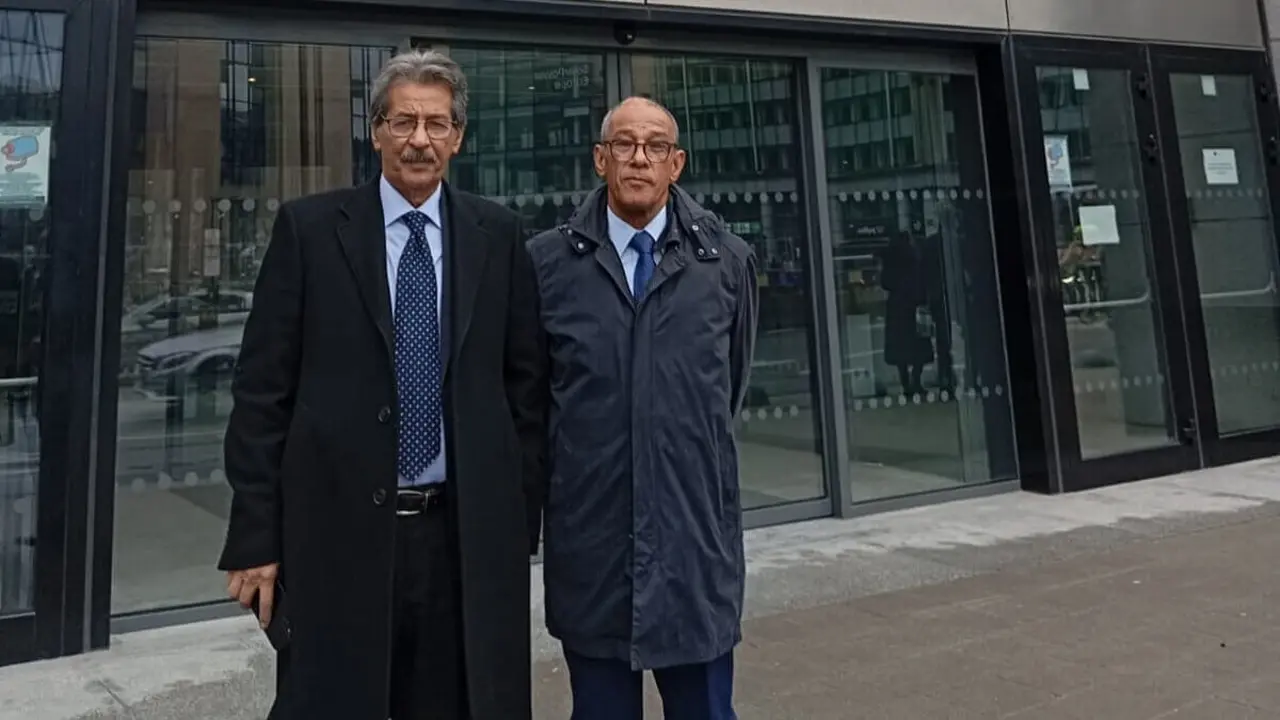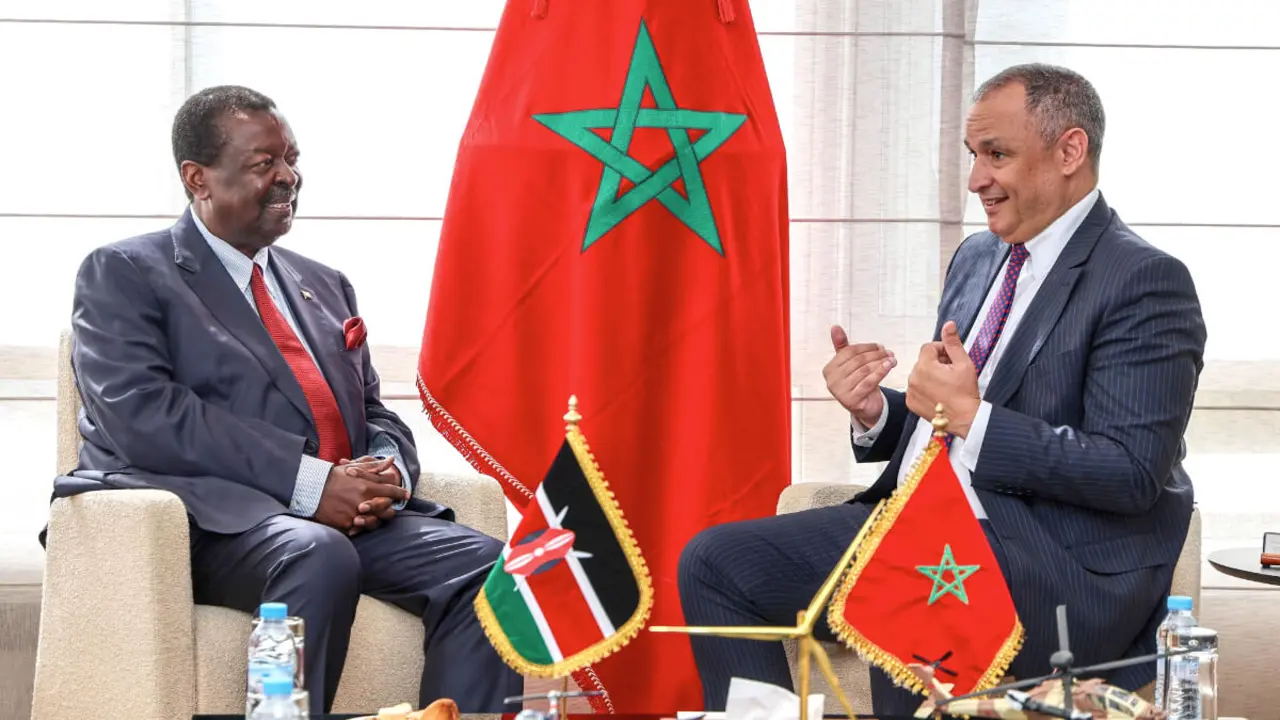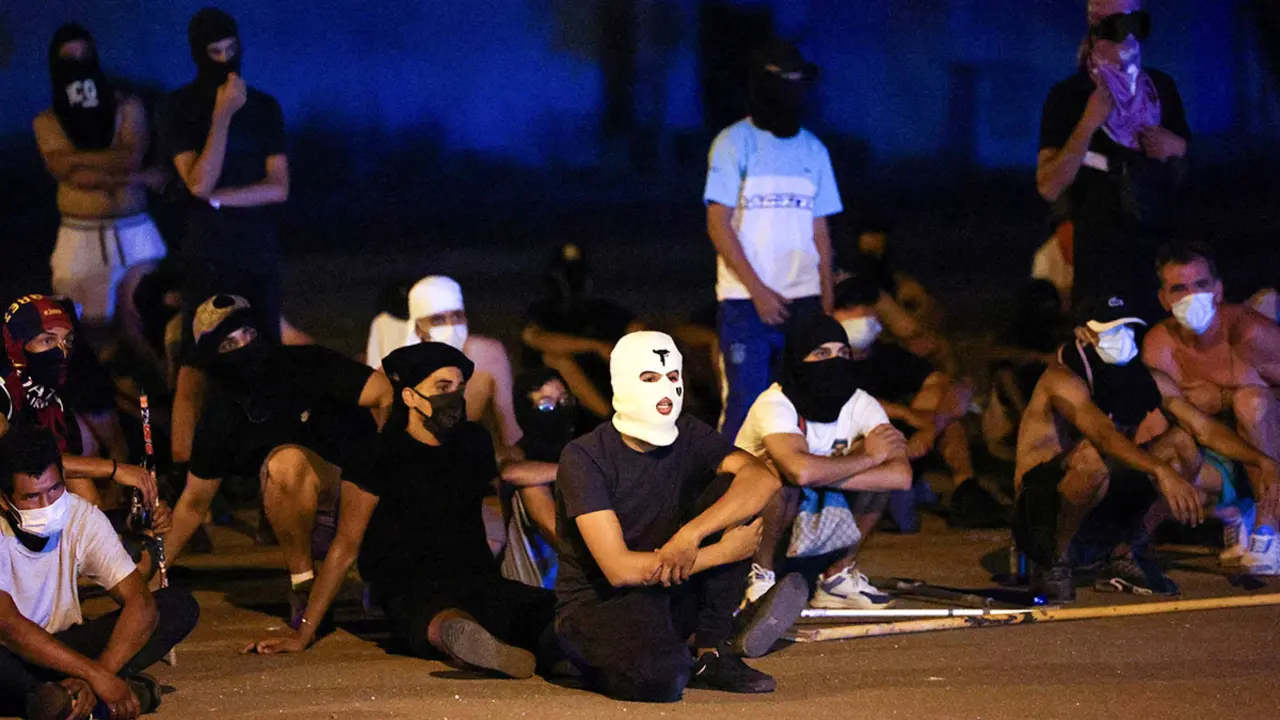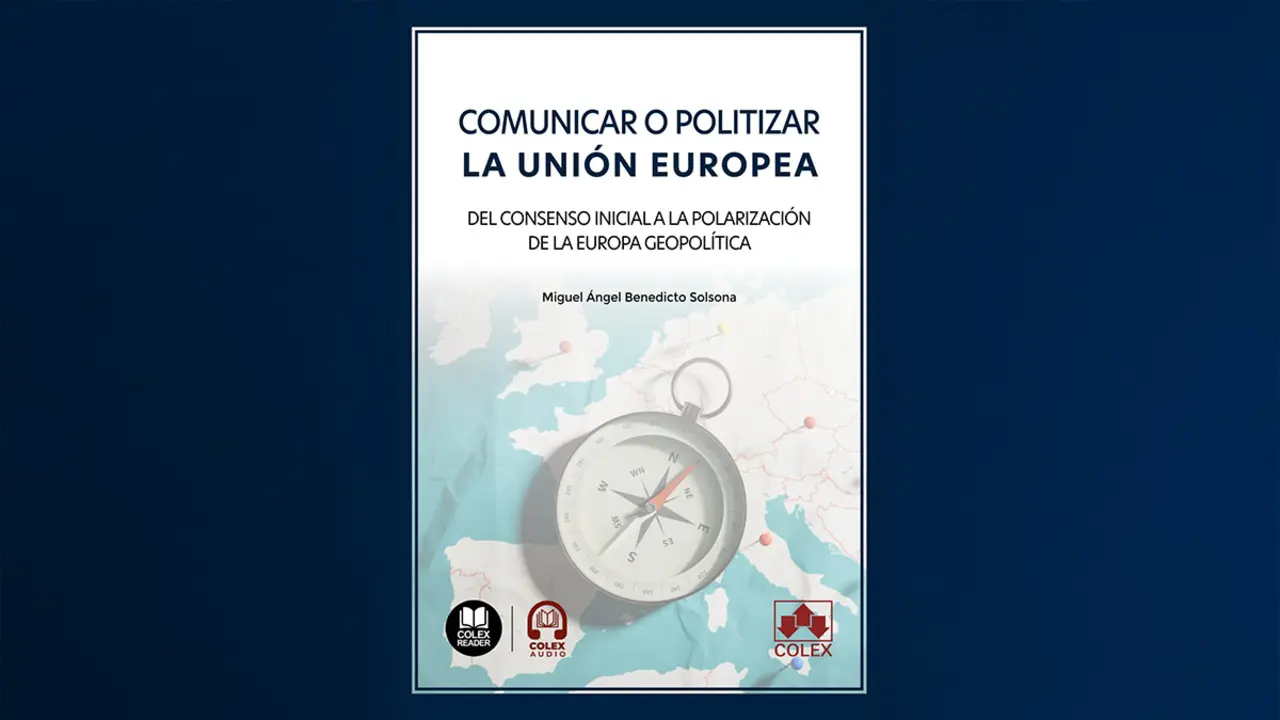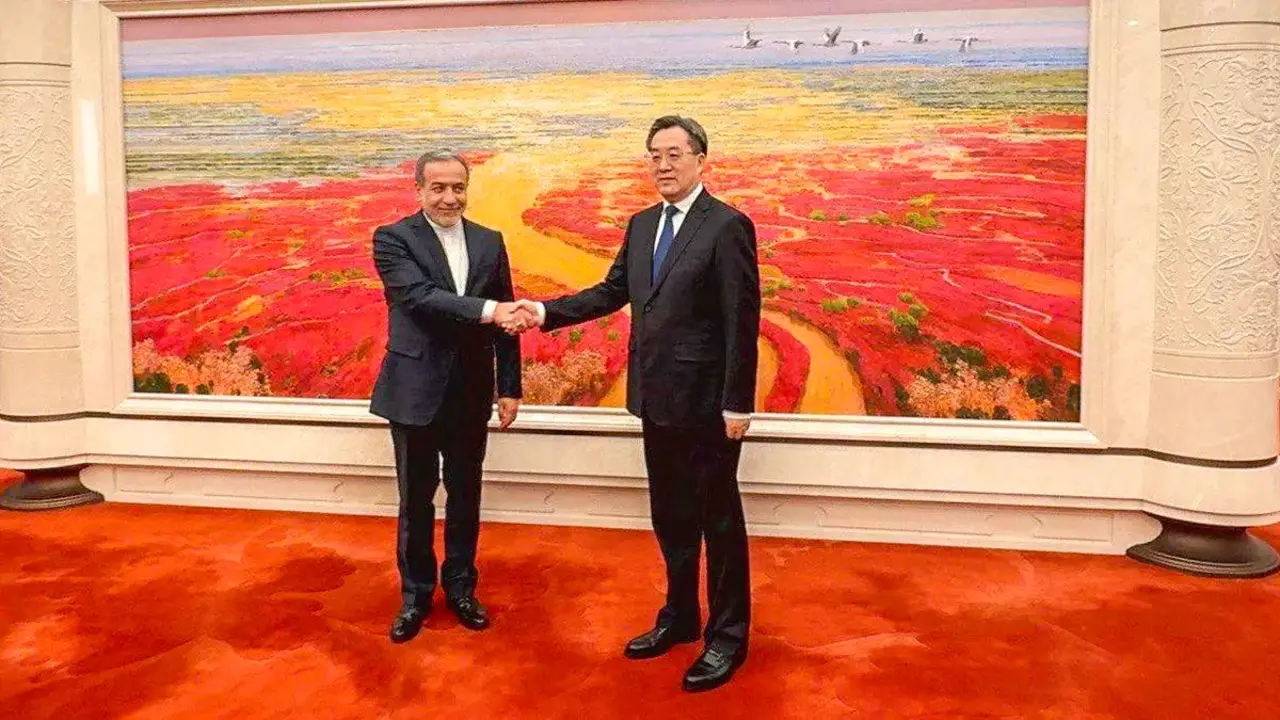Intelligence services warn of dangerous Hezbollah activity in Germany

An intelligence report from Germany has revealed that various organisations and religious centres such as mosques house the Lebanese Hezbollah network on German territory, as "logistical support" for this Shiite Islamic group which has a political and a military arm and is sponsored by the Islamic Republic of Iran, The main banner of the Shiite branch of Islam, as opposed to the Sunni branch that represents the great Iranian rival in the Middle East, Saudi Arabia (main ally in the region for the United States, great enemy of the regime of the ayatollahs in the international panorama).
Iran extends its tentacles in several Gulf countries through the Quds Forces, international division of the Islamic Revolutionary Guard (elite body of the Iranian Army). These work in collaboration with Shiite groups in these nations, such as in the case of Hezbollah in Lebanon, the Popular Mobilisation Forces in Iraq, the Houthí militias within the framework of the war in Yemen or the Liwa Fatemiyoun armed forces, active in the war in Syria.
According to German intelligence data, which was echoed by Al-Ain, the Revolutionary Guard is transferring funds from the Persian state to Hezbollah. The Teutonic secret services have also warned about how compromising criminal action by the Lebanese armed militias is to foreign interests and to the major European economies.
Accordingly, the documents reveal, for example, money-laundering activities by Lebanese militias and their leaders, noting that these elements are being monitored, under the internal control of the intelligence services, which consider them a "threat to the democratic system" and to both European and global stability.
According to the latest German intelligence report, suspicious activities of the Lebanese Shiite group allegedly served to recruit 1,050 leaders in the 16 German Länder, including at least 30 in the Bavarian region, with orders to recruit new followers and collect donations and funds to finance their interests.
In the capital Berlin, suspicions are focused on the Imam Rida Centre, which is the hub of the Lebanese militia network on German soil and the main driving force behind its operations.

The establishment of Hezbollah in Germany has been closely monitored in recent times. For example, in December last year the German Parliament noted that the State Prosecutor's Office had opened 36 investigations against people linked to Hezbollah in 2019.
Already since 2016 there have been reports from German intelligence about the presence of this Shiite organisation on Teutonic soil. In that year, it was already estimated that there were approximately 250 active and identified agents of the Lebanese Shiite organization, supported by Iran, and a total of 950 members of Hezbollah throughout Germany, which was mentioned at the time by a majority of the German press.
In addition, Hezbollah has also been investigated in other areas, including cybercrime, where its hackers allegedly use 'catfishing' techniques to penetrate social networks and infiltrate mobile devices around the world in order to destabilise the United States, Europe, Latin America and Africa by obtaining confidential information.
Although Hezbollah is not currently considered a terrorist organisation by Germany (unlike other countries), the German authorities are nevertheless concerned about the network set up by the Shiite militia in view of its alleged criminal activities and its complete subordination to the Islamic Republic of Iran. Especially since the regime of the Ayatollahs is known to put regional and even global security at risk in the Middle East, to interfere in the internal affairs of other neighbouring nations and to be belligerent.
An aggressive position that has been linked to episodes of attacks on oil tankers in the Persian Gulf waters and attacks on oil and airport facilities in Saudi Arabian territory. This scenario has come about following the economic and political sanctions imposed by the United States on Iran for non-compliance with the nuclear pact signed in 2015 by these countries together with Germany, France, the United Kingdom, China and Russia (JCPOA) which limited the Persian atomic program, especially in relation to weapons. An agreement from which Donald Trump's government withdrew in 2018 to end up decreeing these sanctions against the Iranians.

The US punishment mainly affected the crude oil trade, the major source of funding for Tehran, and was countered by President Hassan Rohani himself, who threatened to continue trading with his oil, reducing his nuclear commitments to a minimum and blocking the Straits of Hormuz, the main transit route for the world's oil trade.
In recent times, the European Union (EU) has made efforts to safeguard the JCPOA and even to implement the INSTEX system, a mechanism designed to circumvent US sanctions through transactions made without the use of dollars, through which, for example, medical material has been supplied to Iran to deal with the current coronavirus pandemic.

